
Flippin' heck! Buy a two hour session at any Flip Out and score a FREE Slushie and Take-Home cup. Talk about great flippin' value!

Lookin' for kids birthday ideas? Nothing beats a Flip Out party. We take care of everything while you take it easy (or take to the trampolines) and the kids take their flippin' skills to new heights.

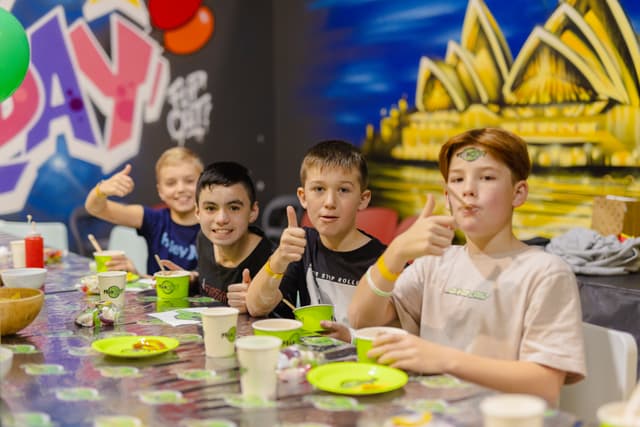

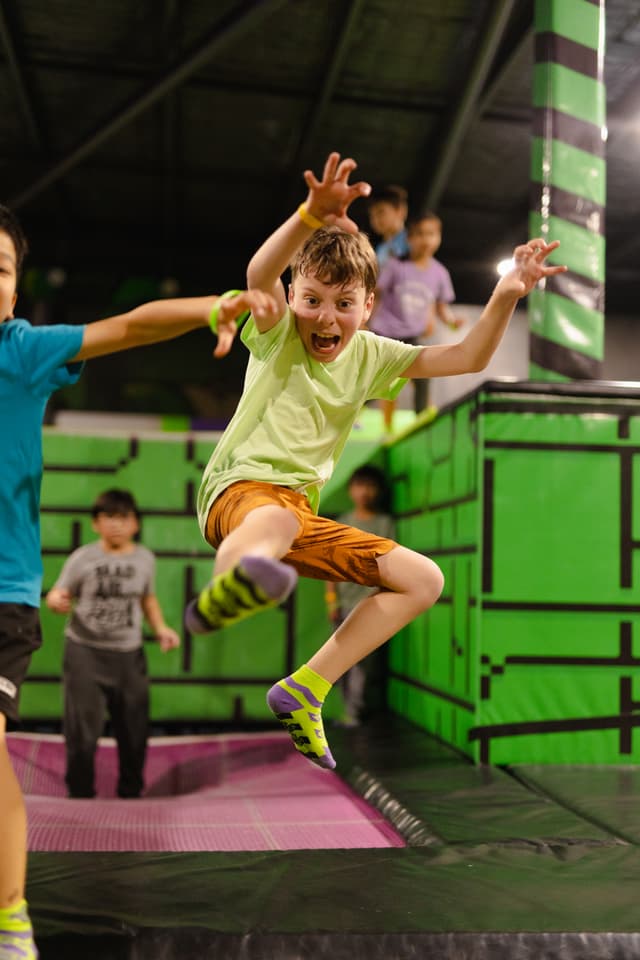

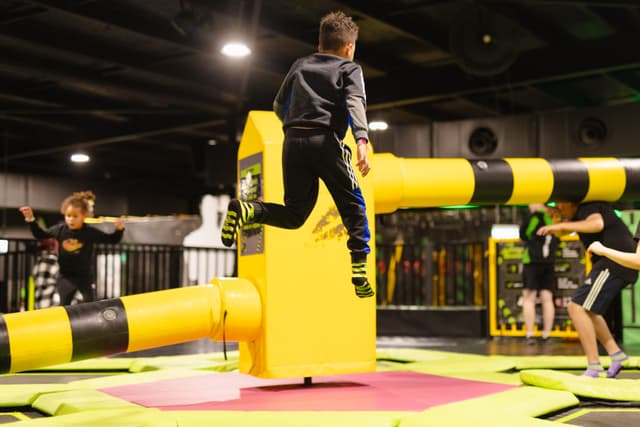

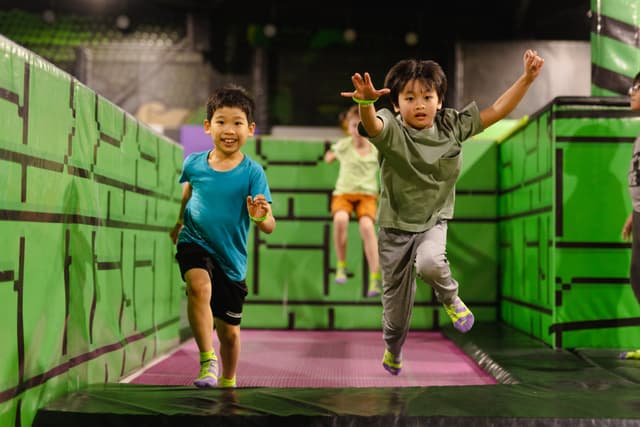





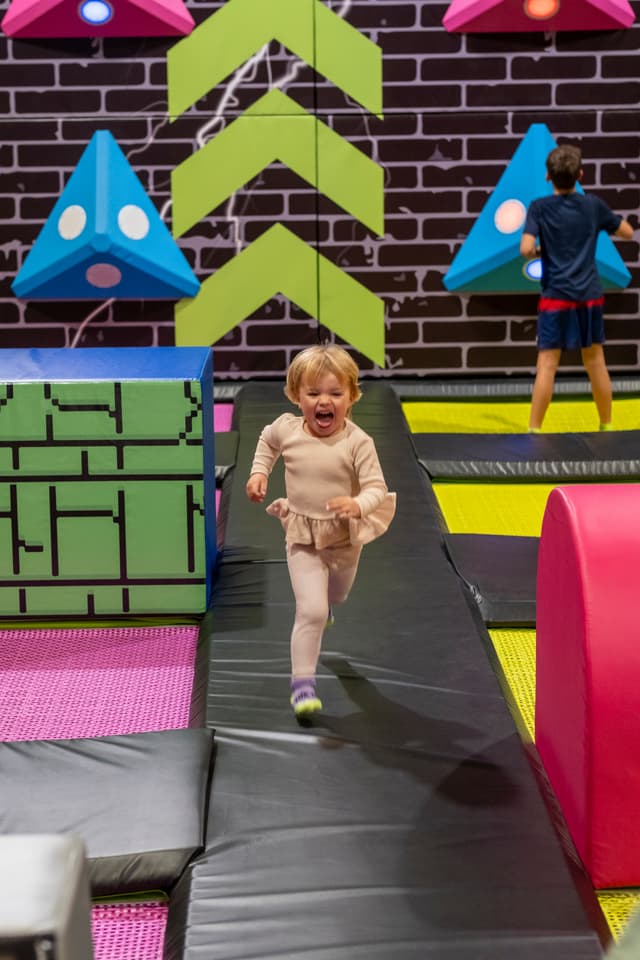


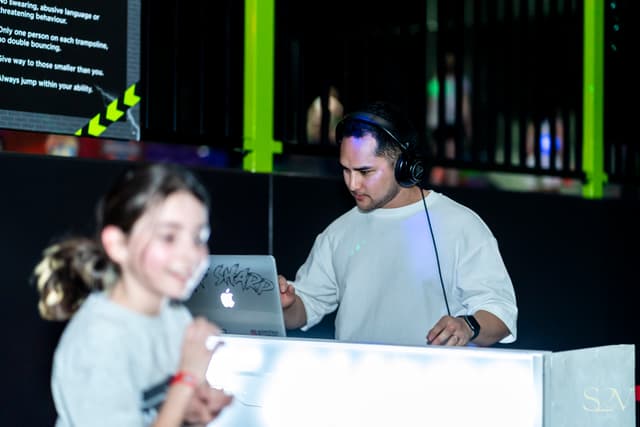

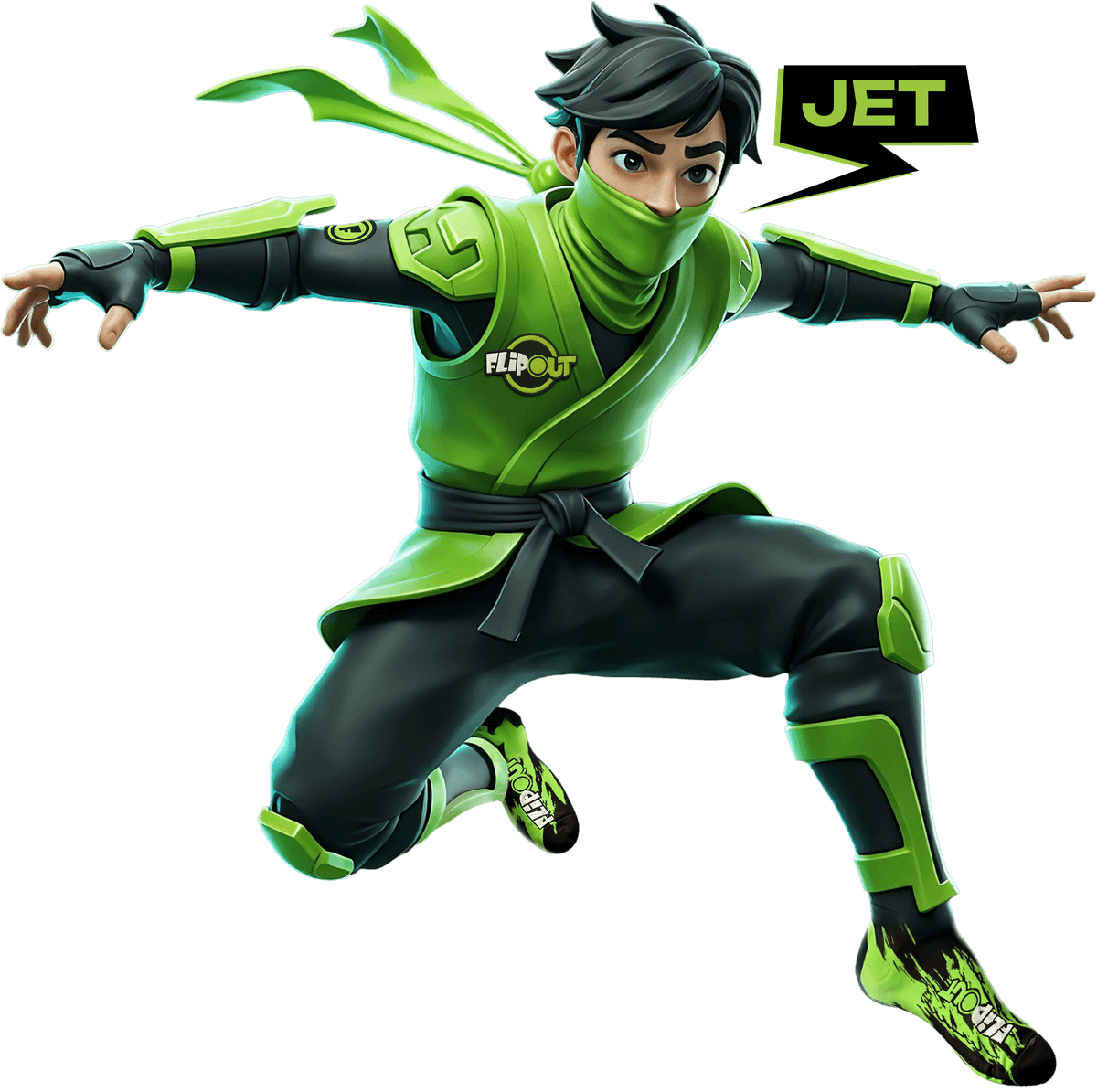
Discover the ultimate indoor playground for kids of all ages packed with trampolines, climbing walls, slides, Ninja classes, and more.
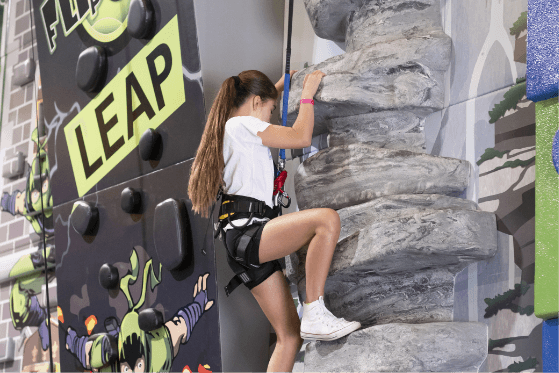
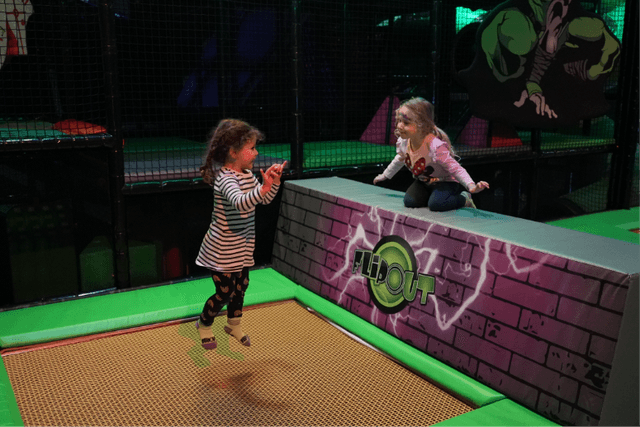
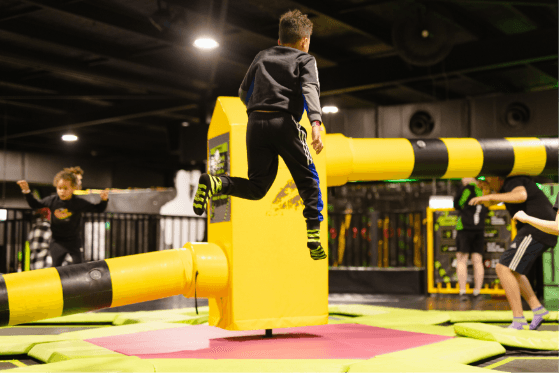
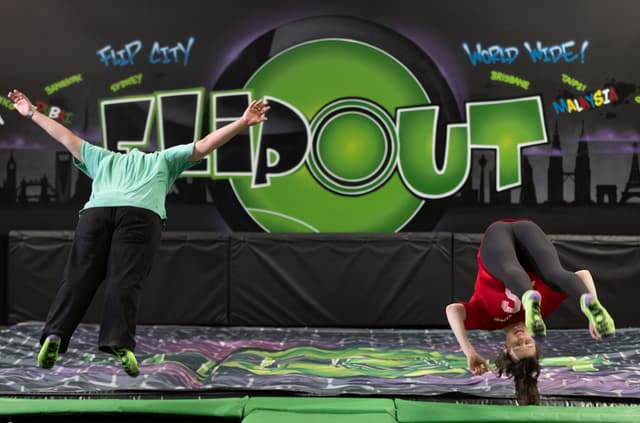

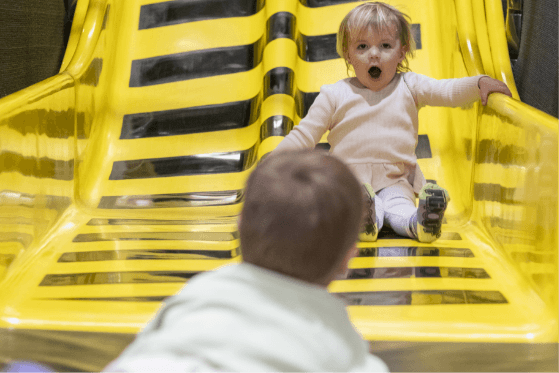
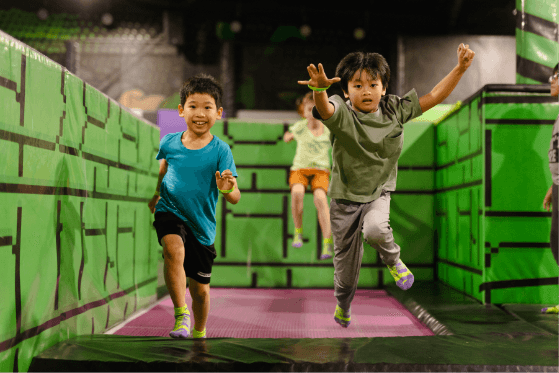
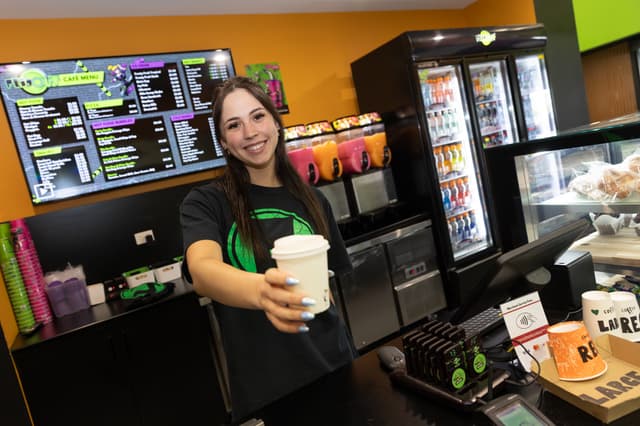
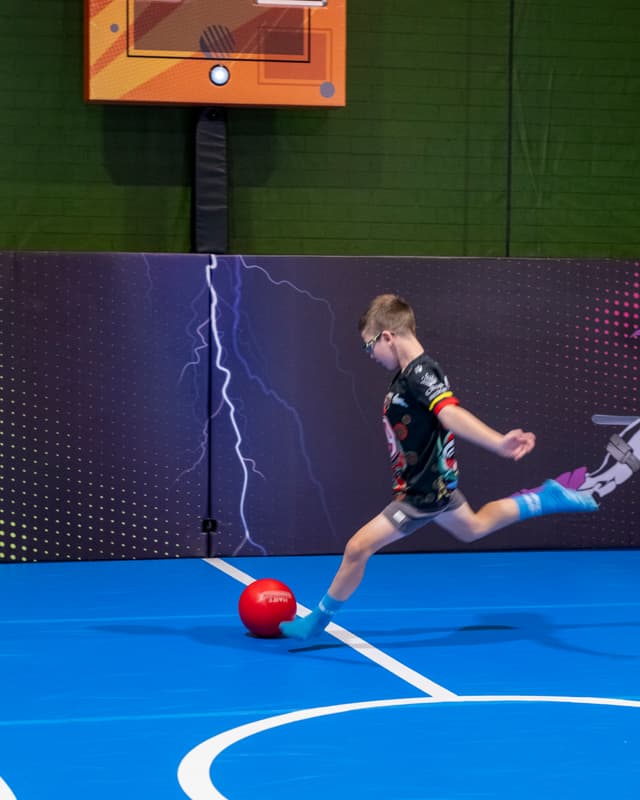

With 23 stores (and counting!!!) open now across the country, Flip Out has welcomed HELLA visitors (literally thousands). Join us for a unique, high energy experience that keeps Aussies flipping back for more!
Parks across Australia open now or very soon for endless flippin' fun!
Visitors have experienced the joy of jumping!
Planning a party? Take your celebration up a notch. We do all the hard work while the kids flip, dip, pump, jump and laugh their way through the best party ever!
BOOK NOW"I had my son’s party at Flip Out and I can’t thank the team enough! Everyone was absolutely amazing"
Diana
Mum
"Perfect for your kids that want to jump and burn some extra energy!"
Zeinab Alawie
Legend
"The staff is so friendly and the play zones are super clean."
Priya Patel
Parent
"Perfect for birthday parties! The kids had a blast jumping around."
Jessica Brown
Event Organiser
"Affordable, fun, and my son made new friends. We’ll be back every week!"
Michael Chen
Dad
"The trampoline area is amazing. My daughter talks about it all the time."
Linda Gomez
Mother
"My son is a big fan of the after dark sessions. Getting them to stop jumping and leave is the hard part!"
Daniel
Dad
"A great place for kids to run around, jumping on the trampolines and, yeah, flip out. Our 5 y.o. loves the place. "
Christin Anggrahini
Parent
"We had an amazing time at Flip Out celebrating my son’s friends 7th birthday! So much fun. "
Jonny
Dad
"Excellent experience with my school group on Sunday. The manager was great."
Carmen Kurten
Teacher
"Great atmosphere, the staff are super friendly and genuinely care about the kids. Will definitely be coming back!"
Jay M
Parent
"The kids, of all ages can enjoy these facilities."
Phillip Bross
Dad
"Nice place for kids over weekends and school holidays. Coffee and snacks available."
Sam Sharifi
Parent
"We brought a big group of kids to Flip Out today and they had the best time. There was so much laughter, fun, and energy!"
Kera Holmes
Parent